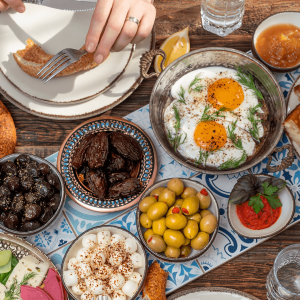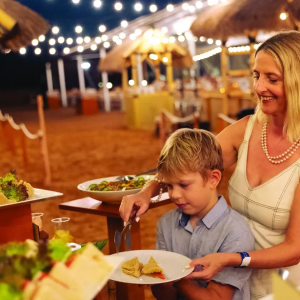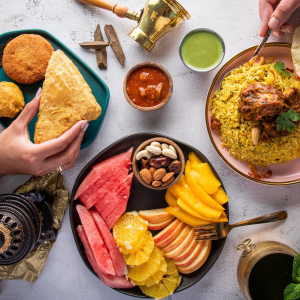Once seen as a passive spectator in global cinema, the UAE is now rewriting the script. Over the past decade, this Gulf nation has emerged as a creative powerhouse, not only hosting major international productions but nurturing homegrown talent, building infrastructure, and elevating the narrative of Arab cinema on the world stage.
From the golden dunes of the Empty Quarter to futuristic urban backdrops, the UAE has become both a film set and a storytelling lab. But what’s most exciting isn’t just where films are being made—it’s who is making them, and what they’re choosing to say.
Here’s how the UAE is shaping the future of Arab cinema—and why filmmakers, producers, and global audiences are paying attention.

A Landscape Made for the Lens
There’s no denying the visual appeal of the UAE. The shimmering skyline of Dubai, the historic textures of Sharjah, and the mystical calm of the Liwa Desert have all made appearances in both indie and blockbuster films.
Movies like Star Wars: The Force Awakens, Mission Impossible: Ghost Protocol, and Furious 7 brought Hollywood to the Emirates, proving the country could double as anywhere from a sci-fi planet to a luxury hideout. But beyond the glamour, this created crucial production experience, upskilling local crews and generating real momentum in the industry.

From Hosting to Creating: The Rise of Local Storytelling
More than just a location, the UAE has evolved into a story source. Emirati filmmakers are stepping behind the camera to tell stories rooted in identity, history, and modern-day Gulf life.
Visionaries like Nayla Al Khaja, the UAE’s first female film director, are breaking barriers and setting new creative standards. Her recent work explores themes like gender, family tension, and generational change—all from a deeply Emirati perspective.
*Abdulla Al Kaabi, **Nujoom Alghanem, and *Ahmed Zain are other voices in this cinematic wave, with films showcased at prestigious festivals like Venice, Cannes, and Berlinale. Their stories are bold, personal, and—most importantly—human, adding nuance to how Arab characters and communities are represented on screen.

Film Festivals: The UAE’s Curated Stages
If cinema is a conversation, the UAE’s film festivals are where that dialogue thrives.
Sharjah Film Platform, organized by the Sharjah Art Foundation, has become a respected platform for independent Arab cinema. It highlights works by regional filmmakers, often tackling political and social issues with unflinching honesty.
Meanwhile, the Al Ain Film Festival and Ajyal Film Festival (in partnership with Qatar) celebrate both Gulf talent and cross-border collaborations.
Let’s not forget Dubai’s original International Film Festival (DIFF)—while currently paused, it helped lay the groundwork for the UAE’s cinematic culture, and many hope to see its full return in a refreshed format.
These festivals are more than red carpets—they’re incubators of new talent, ideas, and partnerships.
Institutions Fueling the Flame
The country’s commitment to film isn’t just cultural—it’s institutional. The Dubai Film and TV Commission and Abu Dhabi Film Commission offer location permits, cash rebates, and logistical support to local and international productions.
*Image Nation Abu Dhabi, one of the leading media companies in the region, produces original films and series that speak to Arab and international audiences. Its film *The Worthy gained global distribution via Netflix, while Scales, directed by Saudi filmmaker Shahad Ameen and supported by Image Nation, premiered at Venice Film Festival.
At the educational level, institutions like NYU Abu Dhabi and SAE Institute Dubai offer film studies programs that are nurturing the next wave of screenwriters, directors, and editors.
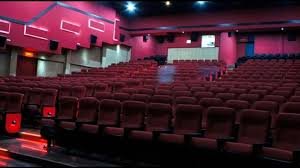
Streaming into the Future
The rise of Netflix, Shahid, StarzPlay, and OSN+ in the region has changed the game entirely. These platforms are hungry for local content that speaks to younger Arab audiences, and the UAE is rising to the occasion.
Series like Dubai Bling may court controversy, but they signal an era where Arabic-language content with a UAE identity can reach millions. Meanwhile, indie productions with strong storylines and social depth are also finding audiences far beyond the Gulf.
Streaming has blurred borders, allowing even small, experimental projects a global shot—and UAE creators are seizing that opportunity.
Diversity in Stories, Diversity in Storytellers
What makes this moment in UAE cinema especially powerful is its diversity. With over 200 nationalities living in the country, it’s a goldmine of multicultural narratives.
Filmmakers are tapping into stories of migrant workers, diaspora families, expat struggles, and cultural fusion. It’s not just “Emirati” stories being told—it’s UAE stories, in all their layered, multicultural complexity.
This also means more *female filmmakers, **South Asian voices, **African perspectives, and *Western-born Arabs contributing to the nation’s evolving cinematic landscape.
Challenges Still to Overcome
Of course, there’s room to grow. Censorship, limited funding for indie creators, and lack of mainstream cinema slots for Arabic-language films remain real issues. Additionally, audience appetite for local content must be cultivated alongside production growth.
But the infrastructure is there, the intent is strong, and—perhaps most importantly—the stories are ready.
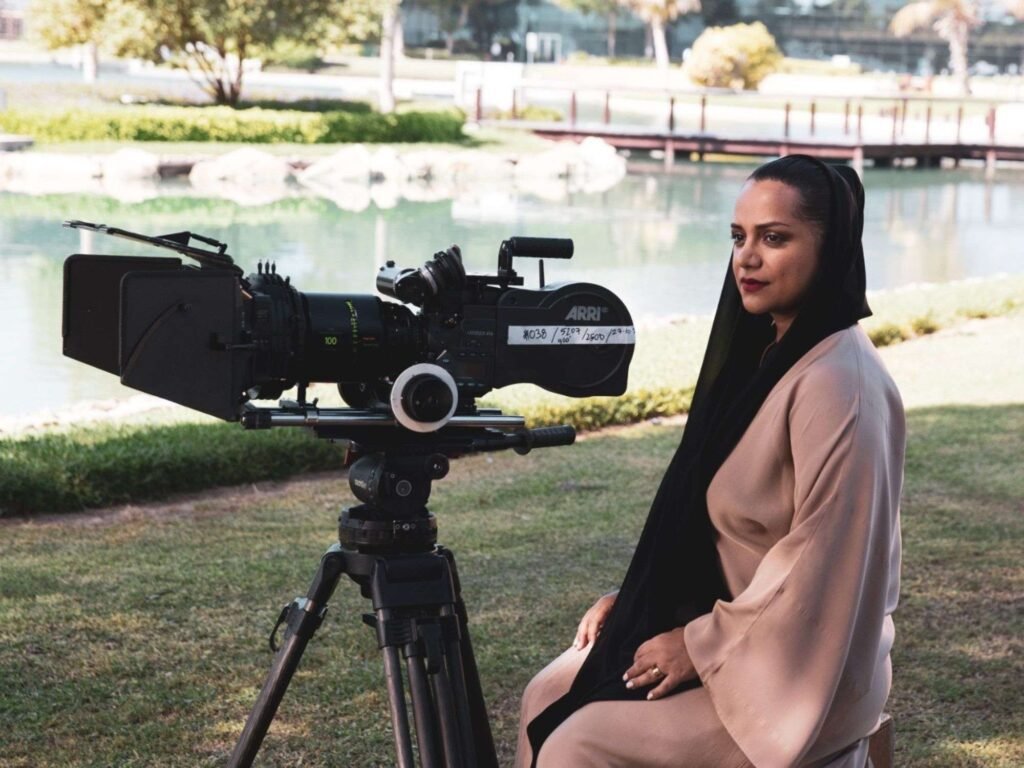
Final Frame: The UAE’s Cinematic Tomorrow
The UAE isn’t trying to be Hollywood, Bollywood, or Cairo’s golden age. It’s carving its own cinematic identity—one that respects heritage, embraces diversity, and isn’t afraid to experiment.
In a region where film has long been used to define, distort, or dramatize Arab identity, the UAE is offering an alternative: a space where Arabs can define themselves on screen, on their terms.
So the next time you see “Filmed in the UAE” in the credits, know it might not just be the location—it could very well be the story.
Would you like the next article to focus on emerging Emirati actors or how the UAE is influencing the rise of Arabic-language streaming series across MENA?
Follow us on Instagram: UAE STORIES
9 Iconic UAE Live Performance Venues You Must Experience Now








